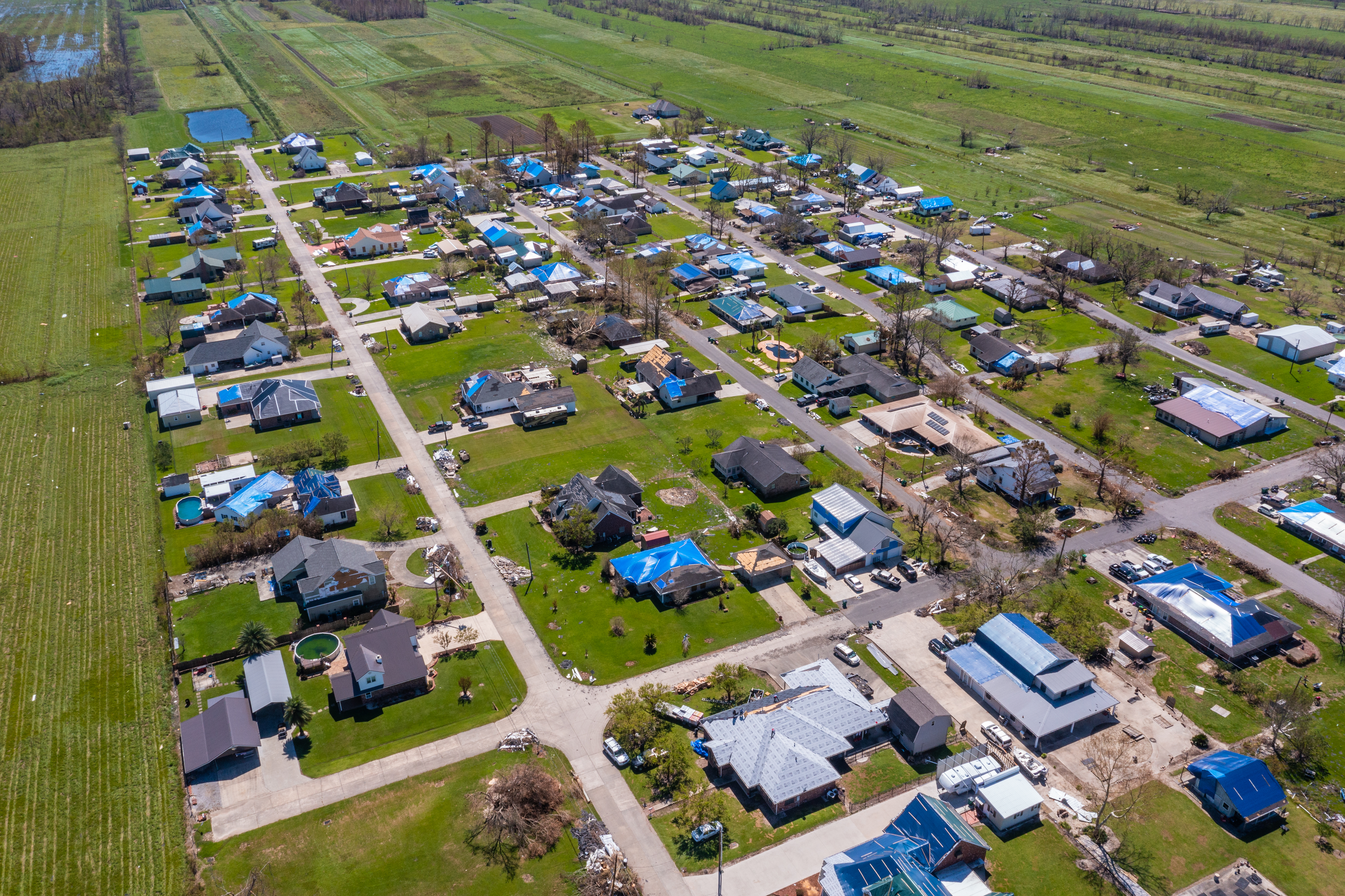
No to tarps and trailers:
A better way to rebuild after Ian
Op-Ed: No to tarps and trailers: A better way to rebuild after Ian
October 26th, 2022
Brad Gair, former FEMA coordinating officer and current Witt O’Brien’s Senior Managing Director, wrote this opinion piece for the South Florida Sun Sentinel. It was published October 26th, 2022. His analysis focuses on the problems with FEMA’s temporary housing response to Hurricane Ian and how to fix them. An excerpt can be found below (read the entire piece here).
Having had a front-row seat for most of the worst disasters in recent U.S. history, I can predict with near certainty that current housing assistance programs of the Federal Emergency Management Agency (FEMA) will fail Floridians in the aftermath of Hurricane Ian. The only thing I’m not certain of is exactly how many tens of thousands of families it will affect this time.
Unless we consider alternatives right now, too many Floridians will be homeless or living in substandard housing for too long — most likely in their own storm-damaged, mold-infested homes.
In spite of the best efforts by FEMA to implement its standard housing assistance programs, many Florida families will get lost in the bureaucracy of FEMA and the insurance industry, struggle to make use of rental assistance in a tough housing market, find that blue tarps do not make their homes livable, be unable to find contractors or building materials even if they have the cash or wait months for mobile homes and other temporary measures that will cost taxpayers almost as much as the average home sells for in Florida today.
A key lesson of post-disaster housing — learned 10 years ago this month when Hurricane Sandy struck New York City — is that the best temporary housing solution is investing in a permanent one. In the mayor’s Office of Housing Recovery Operations, we knew rental assistance and mobile homes would not work, so we tried something completely different. Instead of wasting hundreds of millions of dollars on expensive yet unsuitable options, we created a program called Rapid Repairs and FEMA called STEP (Sheltering and Temporary Essential Power).
